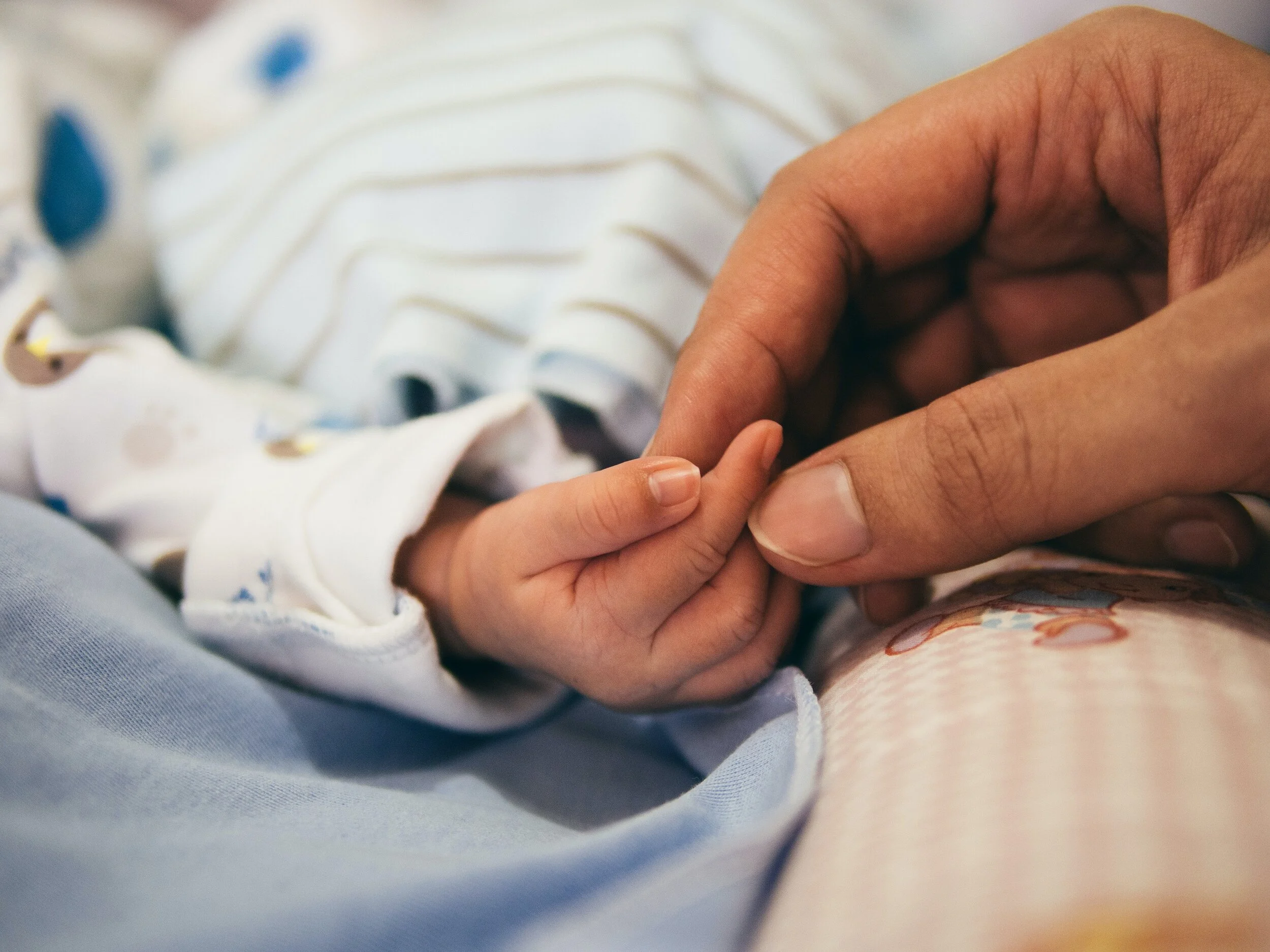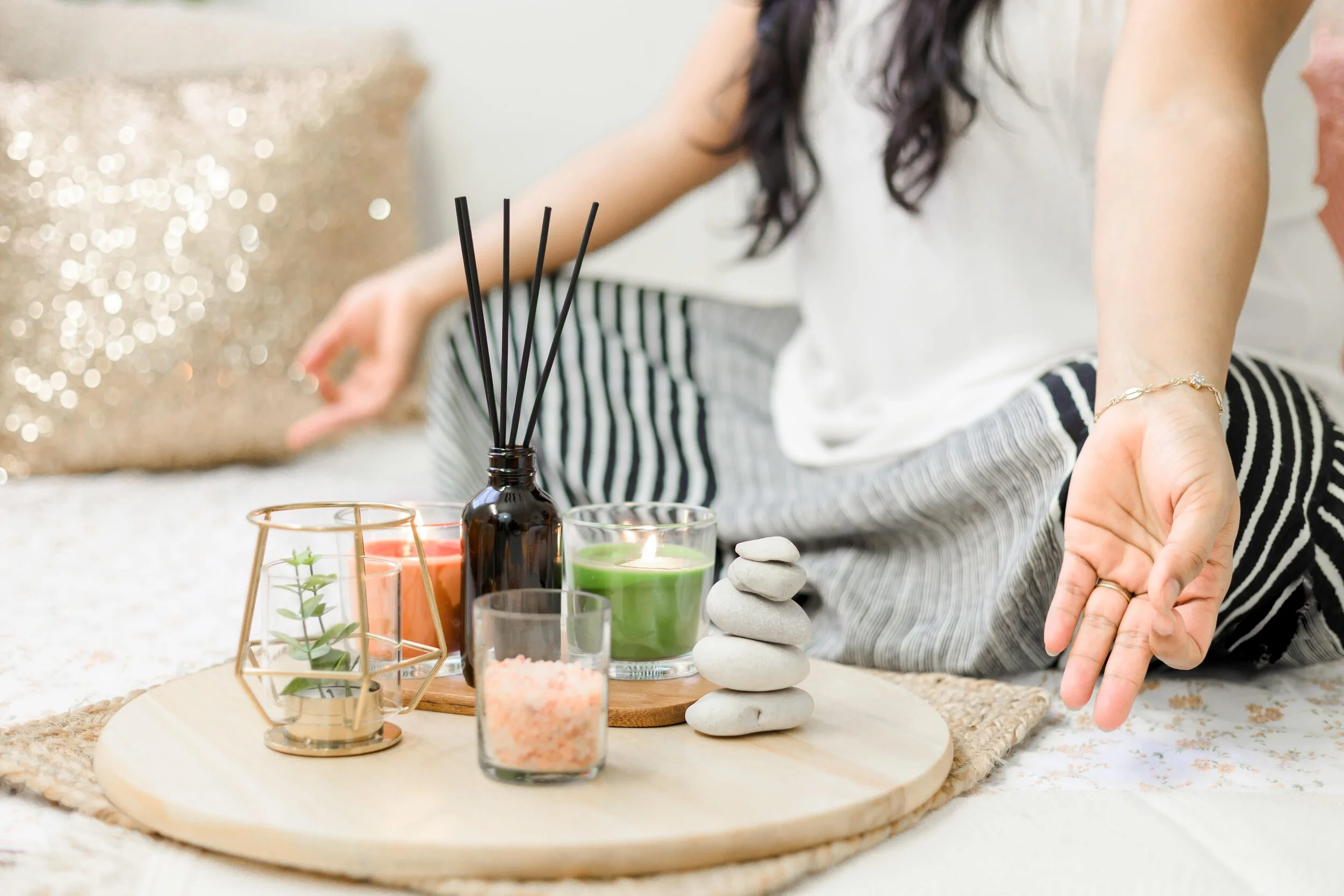Is Couples Therapy Right For Me?
/How To Know If Couples Therapy Is Right For You
One of the most thrilling and terrifying experiences that we as human beings can experience is being in love. Falling in love, as the name suggests, implies a lack of control over these feelings, yet it is often longed for and craved by so many people. You meet someone, you like them, they like you back, both of you experience a rush of dopamine, and then it’s happy ever after, right? But what happens when there are kinks along the road to everlasting happiness? Unexpected twists and turns, things you never saw coming that threaten the present and future love that you have worked so hard to get? That’s when many people turn to couples therapy as a way to understand and smoothe out these kinks, strengthen or reestablish their emotional bond, and in some cases, discover that maybe the kinks are actually irreparable tears in the fabric of the relationship.
If you’ve lost that loving feeling, you are not alone. Some statistics suggest that about 45% of couples attend couples counseling before they even get married in order to ensure that they are making the “right decision”. But what is the right decision? How do you know that your relationship has what it takes to go the distance? Well, couples therapy can be a great place to explore that very question.
Common Reasons Couples Seek Out Therapy
In addition to figuring out the above questions, couples also come to therapy presenting with the following common concerns:
Loss of either sexual or emotional intimacy
Difficulty communicating
Infidelity
Having the same fights over and over
Differences around parenting, religion, finances, sex, etc.
Transitioning to parenthood or to being empty nesters
If there is abuse, addiction, or serious mental illness in a relationship, this can also be an important indicator that your relationship needs outside support. Always prioritize your safety by seeking help from a professional or getting more information and support here.
Questions To Consider Before Starting Couples Therapy
If you are considering starting couples therapy for the reasons listed above, or other reasons not included, ask yourself the following questions:
What do I want to get out of it? Is it to overcome an issue, talk about divorce, help with learning healthy relationship skills, or do I think a therapist is going to tell my partner all the things they need to fix about themselves? (Hint: we don’t do that.)
Why now? Have I waited too long and am just doing this to say that we tried it? Do I want to get ahead of the problem? Did something happen? What is prompting me right now to pursue this?
Am I ready to commit the time, money, and emotional energy to this? It can be a lot of work, but the benefits of therapy (hopefully) outweigh the cost. Plus couples therapy is cheaper than divorce, amirite?
Another important, but more challenging thing to think about is whether you believe some of your relationship struggles are due to your own individual issues. Perhaps you identify as a survivor of trauma or feel like your communication difficulties are present in other areas of your life. In these cases, we often recommend pursuing individual therapy, either before couples therapy, or in addition to. Many times partners can be invited into individual therapy sessions as collateral in order to provide meaningful information or insight.
Individual issues can look like:
Trauma (physical, sexual, emotional, psychological)
Difficult childhood or challenging family of origin dynamics
Trouble communicating with others’ in your life outside your partner
A mental health diagnoses
Couples and marriage therapy can make a difference in your quality of life.
If you feel like some of the above are concerns you have that need to be addressed in individual therapy, then working on this can still benefit your relationship tremendously. If you’ve noticed an unhealthy pattern across many of your relationships, not just this one, then perhaps individual therapy is a good place to start exploring how these patterns came to be. Many of us model our relationships on what we saw growing up and sometimes what was modeled for us may not be healthy or what we feel like is an appropriate way to be in a relationship. Trauma of any kind growing up can impact how a person perceives others and themselves, and individual therapy can be a good space to explore this. Processing your own wounds, learning how to be more fully present and engaged with others, being vulnerable, and having deeper insight into yourself will inevitably have a positive impact on your relationship.
Will couples therapy force me to stay in this relationship?
Couples Therapy helps you make the right decision for you.
As a couples therapist, I frequently tell my clients that I’m not in the business of making sure the couple stays together against all odds. Many times it feels more appropriate and healthier to help a couple navigate their way through a peaceful separation and ultimately divorce if that is their goal. Couples therapy can also be a great space to explore this question - what if I’m not sure? Exploring ambiguity, doubts, questions, fears - this is all the stuff of great couples therapy. Frequently couples come in with very different goals for therapy but feeling unsure how to navigate this. While challenging, it is important to create a safe space in order to explore these questions and to also explore why it feels hard to tackle these concerns on your own. Have there been fundamental breaches of trust? Is it hard to feel validated and seen by your partner? If I left this relationship, then what would that mean for our family, children, etc? If you feel like these questions resonate with you, then approach your partner about the possibility of attending couples therapy.
If you both decide that moving towards separation is the next step, couples therapy can help you explore what this will look like. Navigating who will move out of the home, how to talk to children about this, how to co-parent, and how to share with family and friends are all challenging concerns that can be hard to talk about or agree on. In the safe space of couples therapy, I can help you to better understand what your individual and couple’s needs will be moving forward.
How do I get started?
Deciding that you need to pursue couples therapy can often be one of the toughest steps to take. You’ve already started exploring the idea just by reading this blog post, so well done!
I will ask couples if they would like to attend a complimentary phone consultation first (usually together, but sometimes separately) to see if I would be a good fit and vice versa. Once we agree to move forward with couples therapy, a 90 minute intake is scheduled with all three of us to do an in-depth exploration of the concerns that brought them in. Here are some other topics you might expect to be covered during an intake:
Couples therapy is available throughout North Carolina.
History of relationship and when issues first started: I want to know more about what’s going on for each of you in this relationship that feels problematic but also when did it start? Around a significant life change? Is there shared trauma (i.e., the loss of a child). Also - what’s going well in your relationship?
Interpersonal violence: I will also ask them if there are any interpersonal violence (IPV) issues in the relationship that I need to be aware of. I do this for a few reasons - safety is always the number one priority in any relationship and I want to assess if working with this couple may bring up issues that would compromise the safety of one of them. For example, if a couple has a history of IPV in their relationship and infidelity is disclosed during the course of couples therapy, will it feel like a safe environment after that? If I suspect IPV in a relationship, I will speak to each partner separately to do a more thorough assessment to determine safety and risk to themselves and any children.
Family of origin: As previously mentioned, the families we come from frequently shape how we are with our partners. Attachment styles, trauma, communication styles, vulnerability, validation, adn emotional closeness or distance are often learned in early childhood, so let’s talk about it. I’ll get a bit of information at the intake about this, but then will explore it further on in couples therapy.
Goals: What are each of your goals for couples therapy? How can I help? It is very common for couples to come in with separate goals or to be unsure about where to start, much less what they want to get out of our time together. I can help with this! Creating goals together during an intake is often a big part of our time together.
Still not sure if couples therapy is right for you? Reach out and schedule a free consultation with a couples therapist today. Ask questions and talk it out with someone who works with couples everyday. We are here to help!
This blog was written by Dr. Anusha Zechella, Director of Couples and Family Therapy at Breyta Psychological Services.
If you would like to make an appointment for couples therapy with Dr. Zechella or any of our skilled couples therapists, contact our front desk today at (919) 245-7791 x5 or email at admin@breytapsych.com.

















